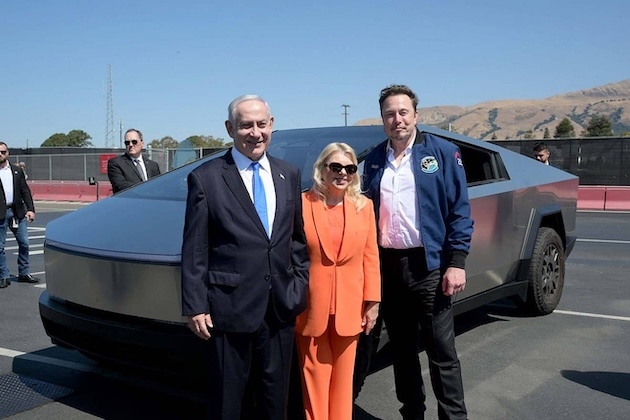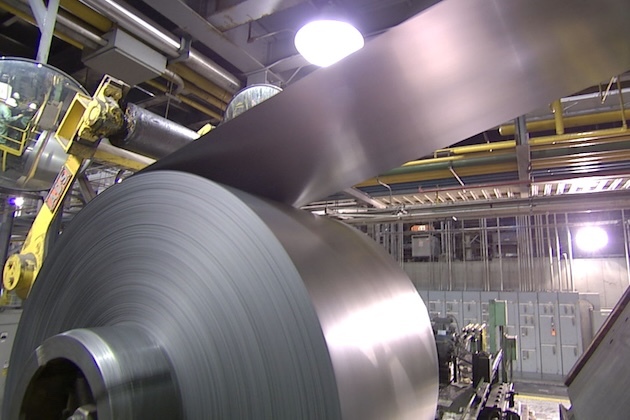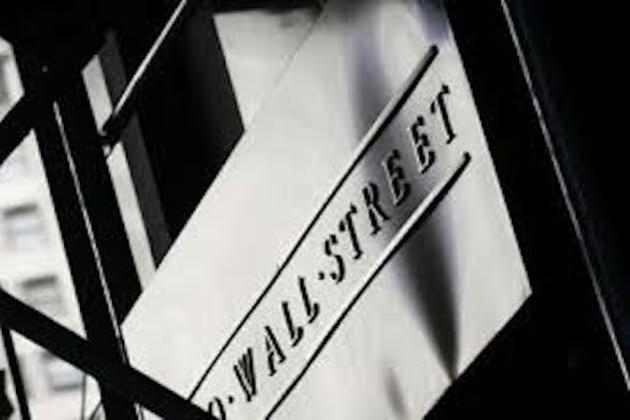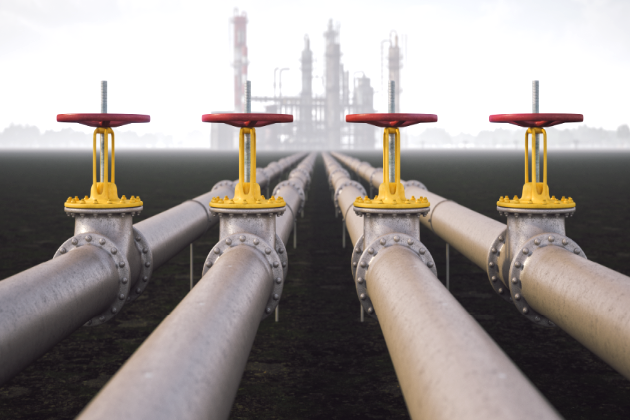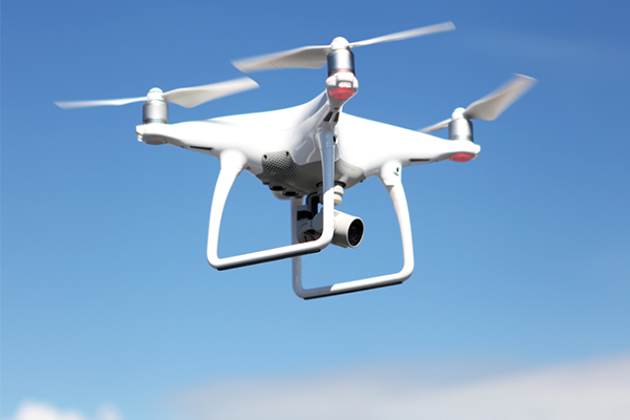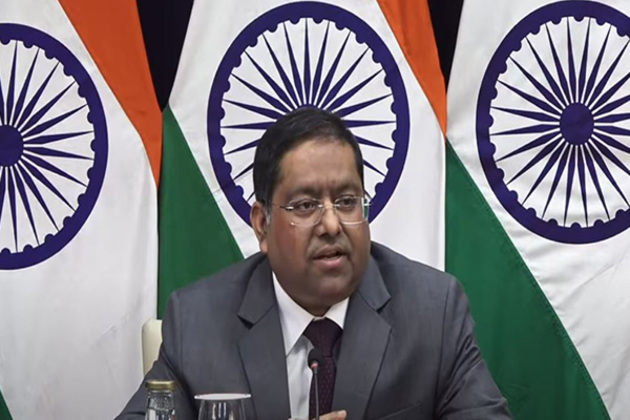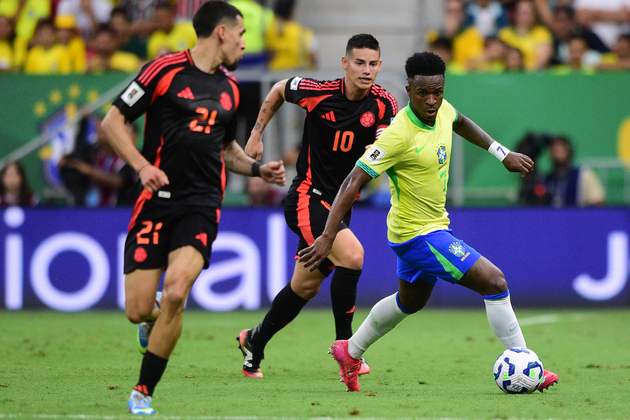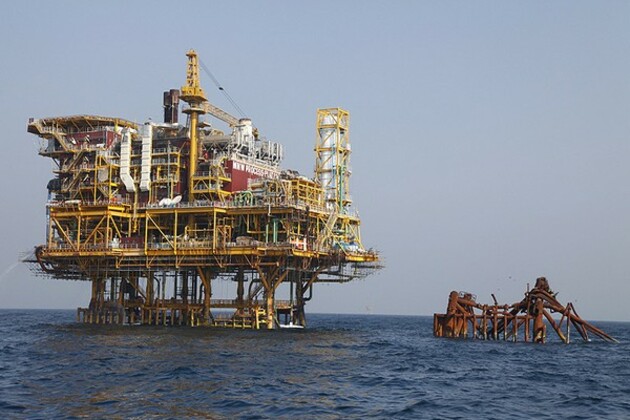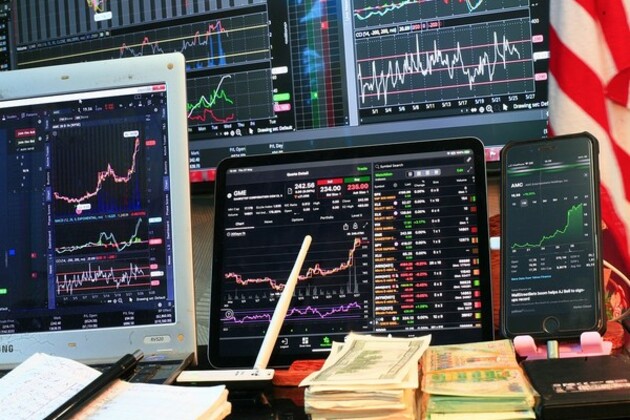Chinese anger at sale of Panama Canal ports to US investor highlights tensions between the two superpowers
The Conversation
21 Mar 2025, 14:03 GMT+10
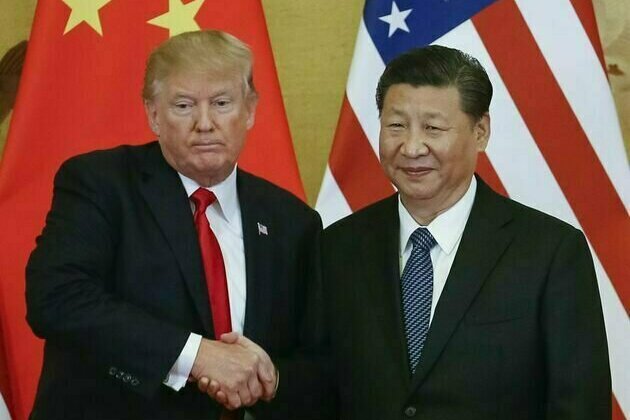
When Hong Kong-listed conglomerate CK Hutchison announced it was selling its two port concessions on the Panama Canal to a US consortium led by New York-based giant BlackRock, the Chinese government issued a strongly worded rebuke.
Through government-backed newspaper Ta Kung Pao, Beijing accused the US of forcing the deal "through despicable means", and claimed that if this was completed: "The United States will definitely use it for political purposes ... China's shipping and trade there will inevitably be subject to the United States."
CK Hutchison's decision to sell its ports, which it has operated since 1997, to a US-led buyer came after the US president, Donald Trump, criticised Chinese influence over this strategically vital waterway. In his inaugural address, Trump claimed, falsely, that "China is operating the Panama Canal" and vowed "we're taking it back". In fact, data shows that the majority of traffic through the canal goes to or from the US.
This has stoked fears in Beijing that US companies operating ports on the canal will do Washington's bidding and potentially seek to restrict China's access. Beijing's angry response indicates the rivalry between the two great powers is deep and ongoing.
While it is likely that this rivalry will continue to intensify under Trump, the president is unpredictable. Indeed, he sees unpredictability as a virtue - a way to keep advisers and foreign leaders on their toes.
When asked last year whether he would support Taiwan in the event of a Chinese invasion, Trump gave his own twist on the longstanding US policy of "strategic ambiguity", saying: "I don't want to reveal my cards ... I wouldn't want to give away any negotiating abilities by giving information like that to any reporter."
This means there are multiple plausible outcomes for the US-China relationship in the second Trump administration.
On the one hand, there is a very strong, bipartisan consensus in Washington that China poses a systemic, generational challenge to American power. Whereas Russia is viewed as a disruptor, China is a potential peer competitor that could build a new international order based on Beijing's preferences and interests.
Since Trump's first term in office, the US has been aggressively waging a "tech war" on China to limit its technological and military development, by cutting off access to high-end semiconductors designed by US companies.
This was intensified in the Biden years with new sanctions on Chinese tech companies, and the passage of the Chips and Science Act, designed to encourage the return of semiconductor manufacturing to the US. Defensive weapons sales to Taiwan had already been increased in Trump's first term - and remained at high levels under Joe Biden.
What Biden called "extreme competition" with China has become the main organising principle of US foreign policy. While Republican lawmakers have, so far, been willing to go along with Trump's diplomacy when it comes to Russia, there is likely to be less tolerance of a similar approach to China.
Unlike other US presidents, Trump does not seem to believe that alliances extend American power in the world - although he does still want the US to be the undisputed number one. In his second inaugural address, he vowed to "build the strongest military the world has ever seen".
Trump sees China as an economic adversary, one of the reasons for imposing punitive tariffs of 20% on all incoming goods. China has retaliated with tariffs of its own and and has proposed more restrictions on exports of rare earth minerals. These are vital components of semiconductors, electric batteries and many weapons - and the global market is dominated by China.
The US State Department recently signalled a possible shift in policy towards Taiwan, removing the phrase "we do not support Taiwan independence" from its fact sheet on Taiwan in February. This irritated Beijing, which sees the island as an integral part of China.
This subtle move away from the US's longstanding "One China" policy - along with the tariffs and Trump's hostility to alleged Chinese influence over the Panama Canal - suggests the continuation of a hostile, competitive approach to China.
That said, as Trump's recent diplomacy with Russia and his comments about absorbing Greenland showed, he is not afraid to upend the established norms of US foreign policy. He enjoys provoking the "globalist" foreign policy establishment. He lauds his own deal-making abilities, and would not want to fight a war with China over Taiwan.
Trump is attracted to "strongman" leaders and claims to have "a great relationship with President Xi". He achieves his goals by taking maximalist positions (for example, the punitive tariffs) which he uses to extract concessions. At a recent press conference, Trump stated: "I see so many things saying we don't want China in this country. That's not right. We want them to invest in the United States. That's good. That's a lot of money coming in."
Trump is well aware the US is heavily dependent on imported semiconductors from the Taiwan Semiconductor Manufacturing Corporation (TSMC) - the world's leading chip manufacturer - and has repeatedly accused Taiwan of "stealing" the US semiconductor industry. He recently took credit for TSMC's announcement that it would invest a further US$100 billion (Pound 77 billion) in three chip factories in Arizona, declaring that production of vital semiconductors inside the US was "a matter of national security".
But it will take years for TSMC's investments to come to fruition in terms of aiding US self-sufficiency in chip manufacture. In the meantime, it is not out of the question that Trump could seek a deal with China that guarantees US access to imported chips from Taiwan, in return for China absorbing the island peacefully. Given the historic importance of Taiwan to Beijing, this could appeal.
Avoiding war could also be popular with Trump voters who want to put "America first" without getting embroiled in foreign wars. Although the hawkish China consensus is firmly embedded in Washington, its continuation is not guaranteed while the mercurial Trump is at the helm.
 Share
Share
 Tweet
Tweet
 Share
Share
 Flip
Flip
 Email
Email
Watch latest videos
Subscribe and Follow
Get a daily dose of Caribbean Herald news through our daily email, its complimentary and keeps you fully up to date with world and business news as well.
News RELEASES
Publish news of your business, community or sports group, personnel appointments, major event and more by submitting a news release to Caribbean Herald.
More InformationBusiness
SectionIsraeli government asks Musk to submit tender on vehicle-provisioning
Elon Musk's Teslas' are in the running to take over the transport of Israel's government officials. Musk's company, Tesla Inc., has...
Trump seeks delay in US Steel-Nippon legal fight, talks ongoing
WASHINGTON, D.C.: The Trump administration is seeking a delay in the legal battle between U.S. Steel and Nippon Steel over their blocked...
U.S. stock markets on the defensive Thursday
NEW YORK, New York - U.S. stocks were on the defensive Thursday as investors and traders weighed the Fed's policy decision of a day...
US expands LNG infrastructure, boosts capacity by 17.8 Bcfd
WASHINGTON, D.C.: The expansion of U.S. natural gas infrastructure in 2024 significantly boosted the country's ability to transport...
Audi to cut 7,500 jobs in Germany by 2029 in cost-cutting move
BERLIN, Germany: Audi has announced plans to cut up to 7,500 jobs in Germany by 2029 as part of a broader restructuring aimed at reducing...
FAA to propose new rules for expanding drone deliveries
SEATTLE/WASHINGTON D.C.: U.S. Transportation Secretary Sean Duffy said last week that the Federal Aviation Administration (FAA) is...
Latin America
SectionImmigration debate impacting Texan children
As the immigration debate continues, many children of immigrants in Texas who are American citizens are caught in the middle. An elementary...
"Conversations and dialogues have been going on": MEA on ties with China
New Delhi [India], March 21 (ANI): India and China are making significant strides in their bilateral relations, with constructive engagements...
Chinese anger at sale of Panama Canal ports to US investor highlights tensions between the two superpowers
When Hong Kong-listed conglomerate CK Hutchison announced it was selling its two port concessions on the Panama Canal to a US consortium...
(SP)BRAZIL-BRASILIA-FOOTBALL-WORLD CUP QUALIFIER-BRA VS COL
(250321) -- BRASILIA, March 21, 2025 (Xinhua) -- Vinicius Junior (R) of Brazil controls the ball during the 2026 FIFA World Cup Latin...
New US sanctions have negligible impact on Russian oil exports: HSBC Global Research
New Delhi [India], March 21 (ANI): Despite new US sanctions imposed in January, Russian oil exports have remained largely unaffected...
Stock market opens in red amid global uncertainty, April 2 tariff risks loom large
Mumbai (Maharashtra) [India], March 21 (ANI): The Indian stock market opened in negative territory on Friday After a record-breaking...

